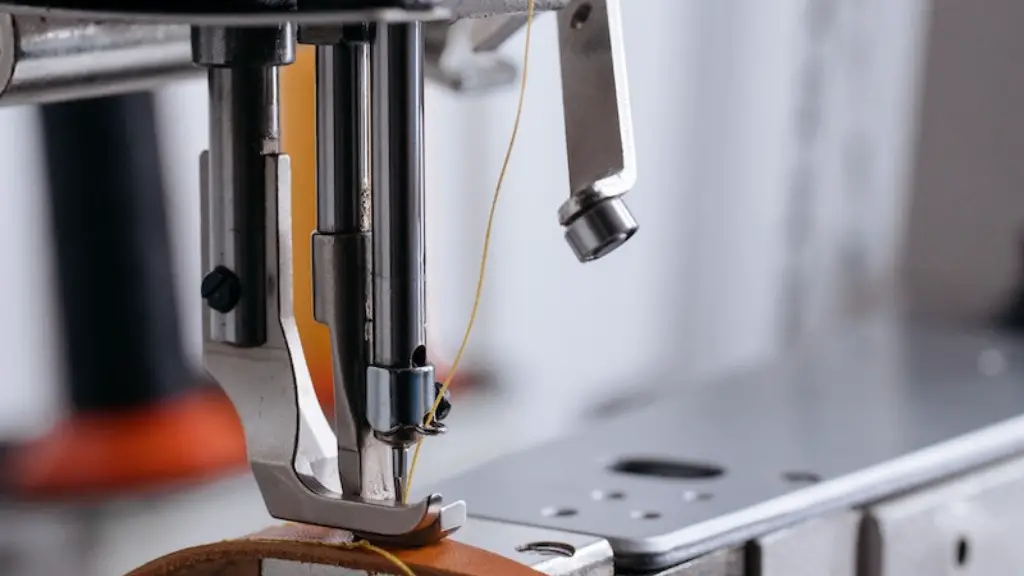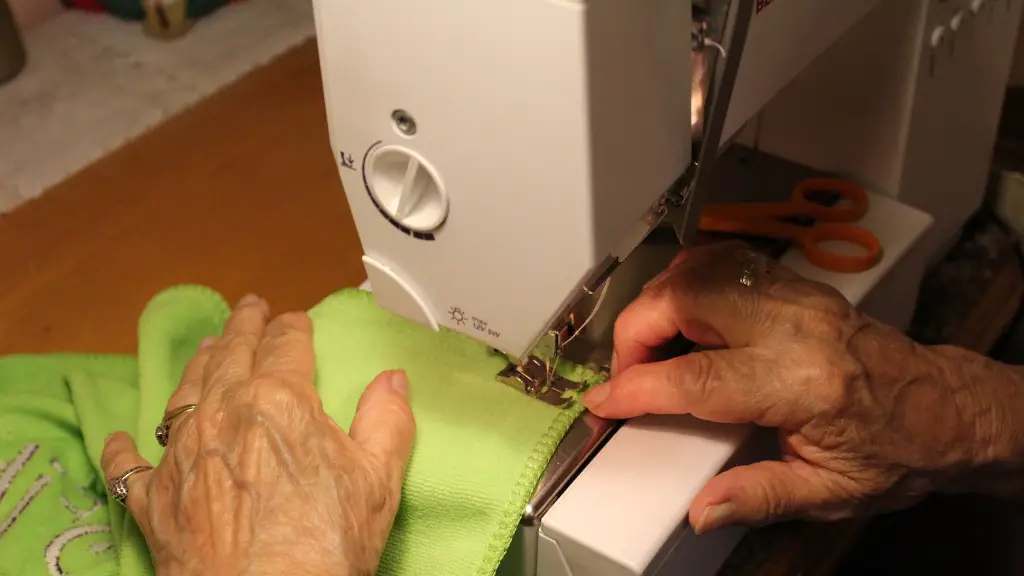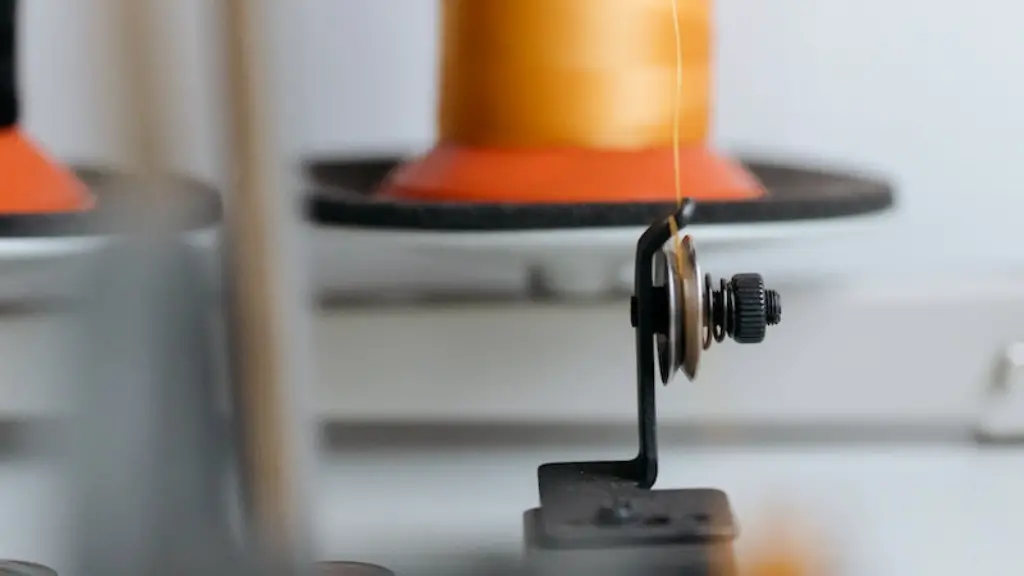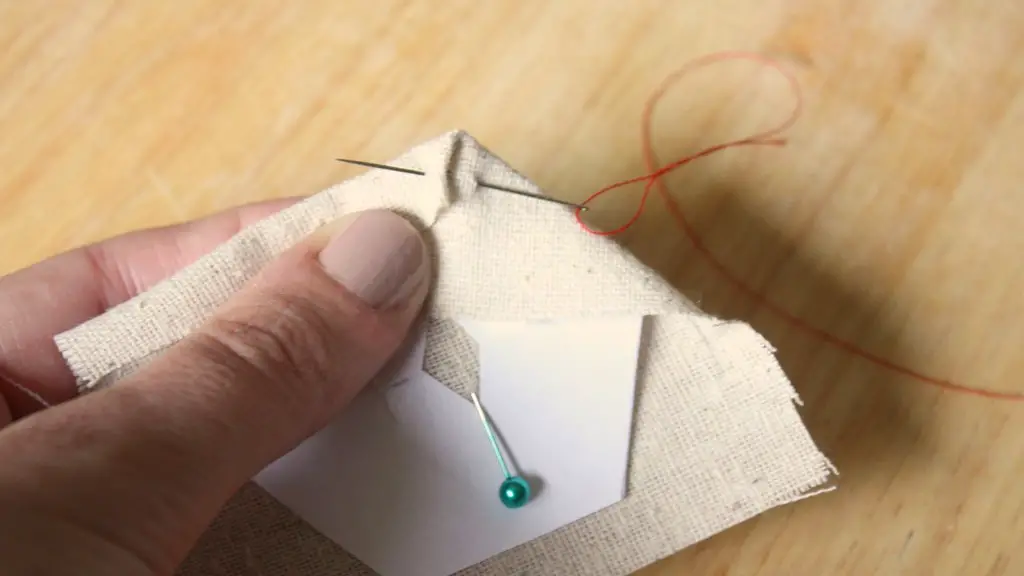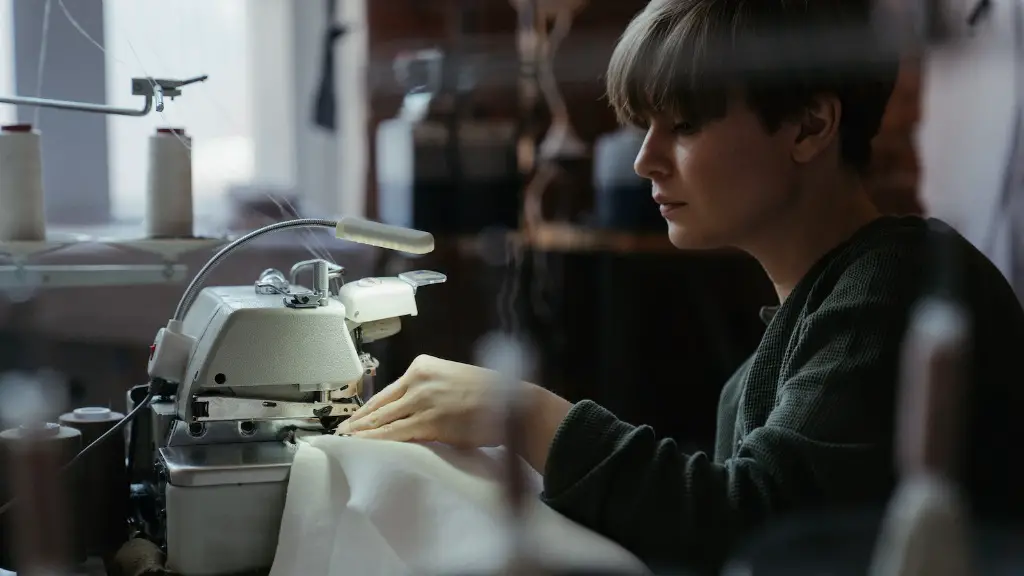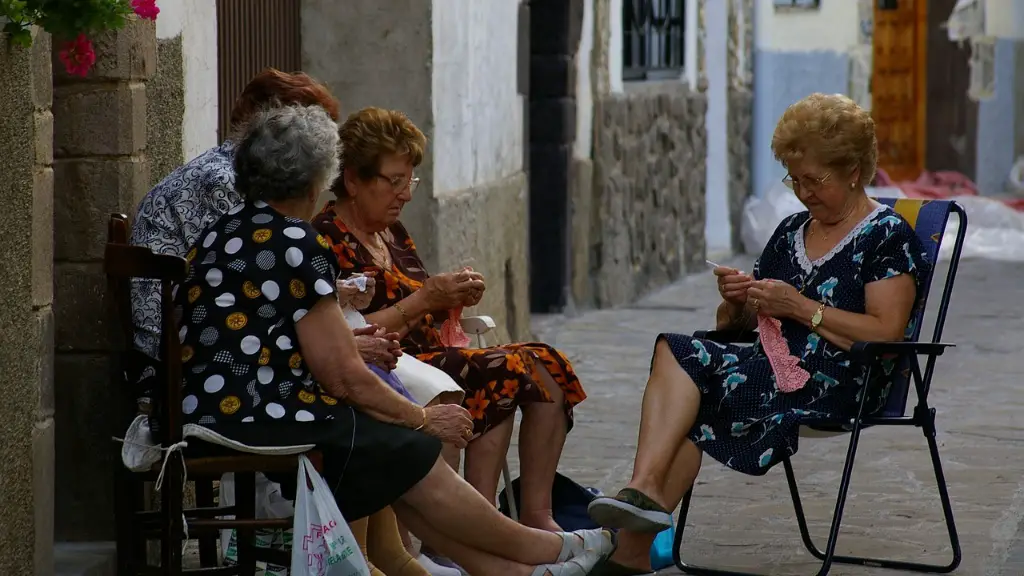No, sewing machine needles are not all the same. Different needles are used for different fabrics and different types of stitching. There are also different sizes of needles for different thicknesses of fabric.
There are many types of sewing machine needles available on the market, but they are not all the same. Depending on the type of sewing machine you have and the type of fabric you are sewing, you will need to choose the correct needle. Some of the most common types of needles are universal, ballpoint, and sharp.
How do I know what sewing machine needle to use?
Needles come in different sizes because different fabrics require different amounts of pressure to penetrate. The size of the needle also determines the size of the hole that is made in the fabric. A good rule of thumb to keep in mind is that the lighter the fabric, the smaller the needle size, and the heavier the fabric, the larger the needle size. Many times, the thread you will be using for your sewing project will also determine the type of needle you choose.
The rule of sewing machine needle sizes is that the smaller the needle number, the finer the needle, and the finer the thread it can accommodate. The larger the needle number, the thicker the needle, and the thicker the thread it can accommodate. This rule is helpful when choosing the right needle and thread for a particular project.
Can I use Singer needles in a Brother sewing machine
SINGER sewing machine needles are made to be universal, so they will work with most major brands of sewing machines. This makes them a great option for anyone who wants to be able to use their machine with multiple types of needles.
Needles come in different sizes for different types of fabrics. You need to choose the right size needle for the fabric you’re sewing, otherwise you risk breaking the needle on your sewing machine. For example, you wouldn’t use a 90/14 needle on a delicate fabric like chiffon. Instead, you would use a smaller needle, like a 70/10 universal needle, which is designed for heavier fabrics like denim.
How often should you change a needle in a sewing machine?
It is recommended that you use a new needle every time you begin a new sewing project. The average lifespan of a sewing needle is between 6-10 hours depending on the thickness of the fabric being used. This will help ensure that your projects are always looking their best!
A general rule is to use a needle whose eye is 40% larger than the diameter of the thread. So, if you use a 75/11 or 80/12 size needle for 50-weight thread, you should use a needle with a larger eye when sewing with a heavier thread. We recommend a size 90/14 when sewing with a 40 wt.
Do Singer sewing machine needles fit all machines?
Sewing machine needles come in a variety of different packaging styles. Buying the correct needle for your machine is essential if you want your machine to work correctly. For example, Singer needles can only be used in Singer machines.
Different types of needles are available for different purposes. The most common types of needles are universal, ballpoint, quilting, sharp, leather, denim, and topstitching. Each type of needle has a different point design that helps it to better penetrate different types of fabrics.
What are 90 14 needles used for
Quilting machines are used to stitch together layers of fabric to create a quilt. Quilting needles are designed to stitch through thick layers of fabric and intersecting seams. They are available in different sizes, depending on the thickness of the fabric. 75/11 and 90/14 quilting needles are the most popular sizes.
Singer sewing machines are stronger, more durable and overall better quality. On the other hand, Brother sewing machines are a bit cheaper, but come with more advanced features, settings and functions like computerized LCD screens.
What is the most common sewing machine needle size?
An 11/75 or 14/90 universal needle is the most common recommendation for general sewing. These needles are designed to work with most types of fabrics, and they can be used for both hand and machine sewing.
A very common cause of broken needles is an incorrectly placed bobbin case. If it isn’t locked into position correctly, the needle can hit it and break off. Always make sure that you bobbin is properly loaded in it’s case, and the case is inserted correctly!
Do you need thicker needles for thicker fabric
Thicker needles are essential for sewing heavy duty fabrics, as they are able to penetrate all layers without breaking. This creates a strong, durable stitch line that can withstand a lot of wear and tear. When choosing a needle, make sure to take into account the thickness of the fabric you will be sewing.
There is no definitive answer as to what size needle is best for a particular fabric. It is always best to test on a scrap piece of fabric before starting a project. That being said, size 70 is typically good for a cotton lawn and size 80 is the most common one, which is suitable for a wide variety of medium weight woven fabrics.
What needle is best for cotton?
There are a few factors to consider when choosing the best needle for lighter cotton fabrics. The type of needle, the size of the needle, and the type of thread all play a role in the overall look of the finished garment.
The best choice for lighter cotton is a sharp number 14 needle (90/14). This needle will create a clean, sharp stitch that won’t pull out easily. If cotton is unlined or used in a lightweight, unlined garment, such as a cotton blouse, it may be best to use a cotton-specific needle in 80/12 and then finish by hand with cotton thread to ensure that the stitches don’t pull out.
So what I did is I just put in broken needles Anything like that in here So that I can just throw them away In the morning, I just come in, I get my tweezers and I just pick them out And it’s really not that bad It’s actually kinda therapeutic in a weird way
Conclusion
No, sewing machine needles are not all the same. They come in different sizes, shapes, and materials depending on the intended use. Some needles are made for specific fabrics or stitches, while others are more universal. It’s important to choose the right needle for your project to ensure the best results.
Yes, all sewing machine needles are the same. They are all made of metal and have a sharp point at the end. The only difference is the size of the needle. The size of the needle will determine what size thread you will use.
